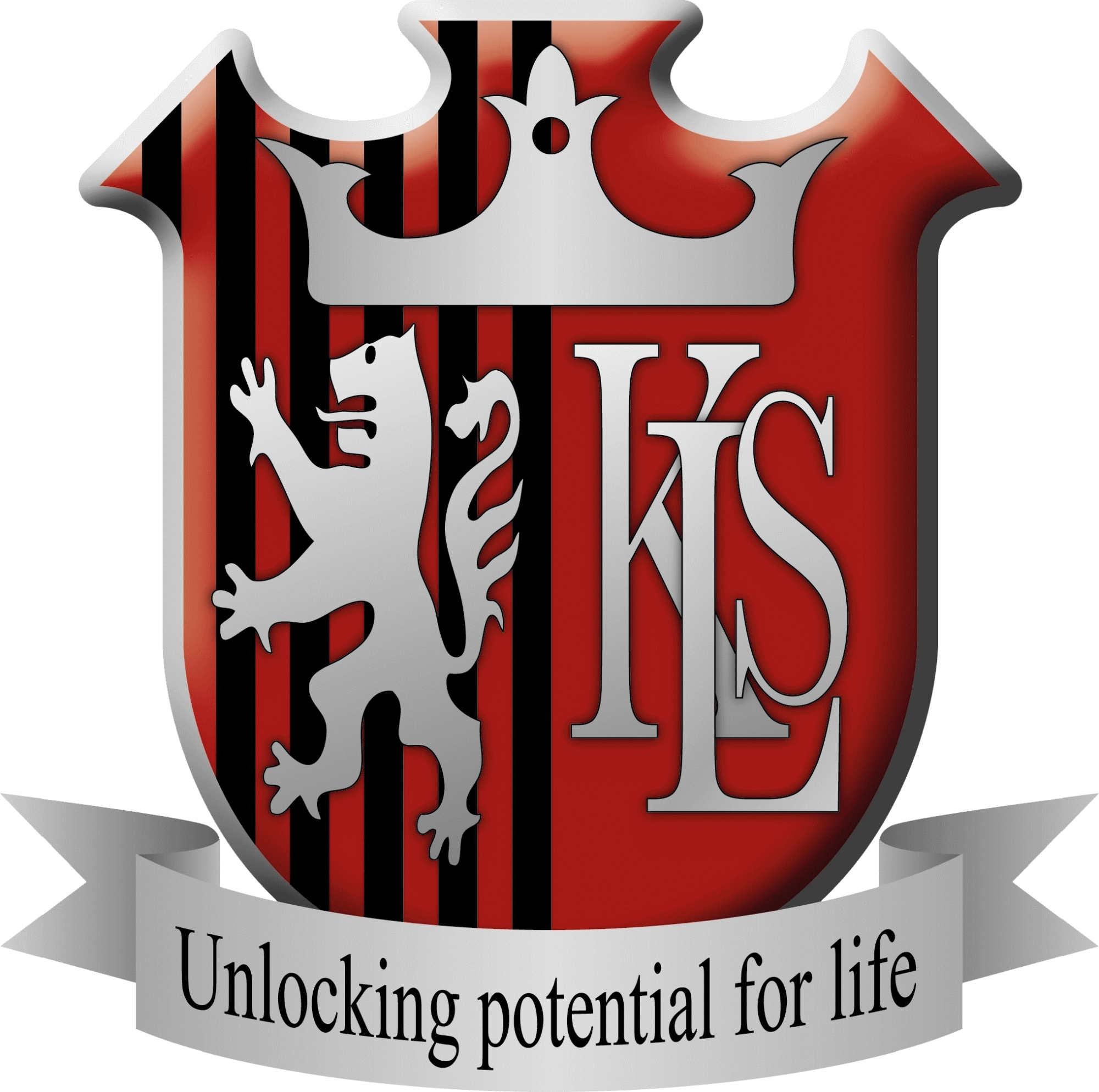Philosophy, Religion and Ethics
“Be a free thinker and don’t accept everything you hear as the truth. Be critical and evaluate what you believe in”
Aristotle
Philosophy, Religion and Ethics Education (PRE) at Kings Langley School
We follow the Hertfordshire agreed syllabus for Religious Education across all key stages.
PRE is a highly regarded, rigorous, academic subject. Our aim is to develop strong critical thinking skills, which will enable our students to fully analyse and evaluate a variety to different philosophical, religious and ethical views.
PRE provides a platform for students to understand the world we live in, the issues that people face across the world, the philosophical and ethical viewpoints of a number of religions, cultures and societies whilst exploring British Values in every topic covered. Our students have the opportunity to discuss, explore and value different opinions and views in a safe and respectful environment.
As a Humanities subject, the PRE curriculum has a vast array of cross curricular links wit subjects such as English, science, geography and history. Much of what we study compliments and enhances the curriculum studied in these subject areas and vice versa.
Key Stage 3 (Years 7-9)
By the end of Key Stage 3 pupils will be able to use a range of increasingly complex religious, moral and philosophical vocabulary to demonstrate the ability to understand and explain a range of religious and worldviews, recognising their local, national and global context.
They will be able to use this knowledge to analyse and synthesise personal and critical responses to a range of different issues in order to form coherent, well-argued conclusions. They will be able to challenge arguments about the meaning of religion and spirituality and suggest answers relating to the search for truth.
Curriculum Overview for Key Stage 3
Key Stage 4 (Years 10 -11)
PRE is a part of the core curriculum and studied by all students.
By the end of Key stage four students will develop their knowledge and understanding of religions and non-religious beliefs, such as atheism and humanism. They will have a deeper knowledge and understanding of religious beliefs, teachings and sources of wisdom and authority, including through their reading of key religious texts, other texts and scriptures of the religions they are studying. They will continue to develop their ability to construct well-argued, well-informed, balanced and structured written arguments, demonstrating their depth and breadth of understanding of the subject. They will be able to reflect on and develop their own values, beliefs and attitudes in the light of what they have learnt and contribute to their preparation for adult life in a pluralistic society and global community.
Students sit two papers for AQA GCSE RE (9-1) Specification A (8062)
Paper 1: The study of religions (Christianity and Islam) written exam 1 hour 45 minutes (50% of final mark)
Paper 2: Religious, philosophical and ethical studies (Themes B, D E and F) written exam 1 hour 45 minutes (50% of final mark)
Theme A Religion, relationships and families
Theme B Religion and life
Theme D Religion peace and conflict
Theme E Religion crime and punishment
Key Stage 5: Philosophy and Ethics
OCR A Level (H573 components 01, 02 and 03)
Students will sit three papers
Paper 1: Philosophy of Religion written exam 2 hours (33.3% of final mark)
Students study philosophical language and thought, and issues and questions raised by belief:
-
Ancient philosophical influences
-
The nature of the soul, mind and body
-
Arguments about the existence or non-existence of God
-
The nature and impact of religious experience
-
The challenge for religious belief of the problem of evil
-
Ideas about the nature of God
-
Issues in religious language
Paper 2: Religion and ethics written exam 2 hours (33.3% of final mark)
-
Students explore key concepts and the works of influential thinkers, ethical theories and their application:
-
Normative ethical theories
-
The application of ethical theory to two contemporary issues of importance
-
Ethical language and thought
-
Debates surrounding the significant idea of conscience
-
Sexual ethics and the influence on ethical thought of developments in religious beliefs
Paper 3: Developments in religious thought written exam 2 hours (33.3% of final mark)
-
Students study one religion systematically: Christianity (03)
-
Religious beliefs, values and teachings, their interconnections and how they vary historically and in the contemporary world.
-
Sources of religious wisdom and authority.
-
Practices which shape and express religious identity, and how these vary within a tradition.
-
Significant social and historical developments in theology and religious thought.
-
Key themes related to the relationship between religion and society.
PRE Extra-Curricular Programme:
Students are signposted in lessons and as part of their independent study to wider reading, listening and watching.
We are still in the process of reimplementing our pre-pandemic educational visits programme. In previous years we have offered the following and we hope to bring these activities back:
-
Survivor Talk and Holocaust awareness in the lead up to Holocaust Memorial Day to commemorate the Holocaust and other genocides.
-
Two year 12 students take part in the ‘lessons from Auschwitz’ programme each year.
-
Students from years 9-13 participate in the philosothon at Stowe school.
-
The department organises a trip to Rome during activities week to visits sites of religious and historical importance.
Staff:
- Ms A Selleck Shah (Head of PRE) - sellecka@kls.herts.sch.uk
- Mr M Moyo (Head of PSHE) - Moyom@kls.herts.sch.uk
- Ms M Chabrel (Teacher) - chabrelm@kls.herts.sch.uk
- Mr L Roger (Teacher) - rogerl@kls.herts.sch.uk
Useful links:
Key stage three
GCSE

